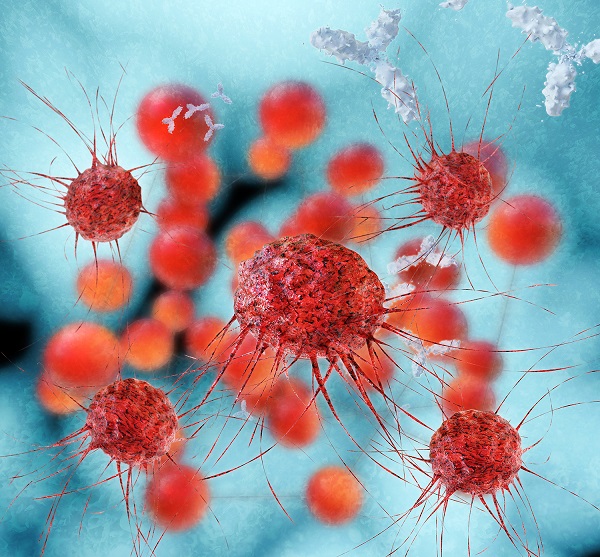NICE does U-turn, backs Opdivo in kidney cancer

Swayed by a price cut and longer-term survival data, NICE has changed its mind and decided to approve Bristol-Myers Squibb’s Opdivo in renal cell cancer in final draft guidance.
In first draft guidance issued in July, NICE had rejected the cancer immunotherapy, saying it was too expensive and its benefits in previously treated advanced renal cancer were unclear.
NICE said that BMS had adjusted its cost analysis and proposed a new, commercially confidential, simple discount patient access scheme for Opdivo (nivolumab).
The new information pushed the cost per quality-adjusted life year (QALY) compared with other treatments to below £50,000, and NICE also noted that side effects of Opdivo were not as severe as those observed with Novartis’ Afinitor (everolimus) and Pfizer’s Inlyta (axitinib).
MSD’s Keytruda (pembrolizumab) has not yet been approved in this indication. The two drugs are competing closely with each other, although development of Keytruda is slightly behind Opdivo in most uses.
BMS also provided data from recent phase 1 and phase 2 trials, which included longer-term follow-up data on mortality.
Only 114 patients are expected to be treated with Opdivo in renal cell cancer, rising to almost 700 in 2020.
Nick Turkentine, CEO of the charity Kidney Cancer UK, said: “We are absolutely delighted that NICE eventually saw the obvious importance and value of this drug to late stage kidney cancer patients. We were very concerned with the initial news that NICE were not recommending the drug. Data, personal statements, public opinion and various negotiations seem to have won the day and we could not be happier at this outcome for kidney cancer patients."
NICE has already recommended Opdivo in advanced melanoma and in combination with BMS’ Yervoy (ipilimumab) in advanced melanoma.
The cost-effectiveness body earlier this month recommended restricted use of Opdivo in first draft guidance in squamous and non-squamous non-small cell lung cancer. NICE has also rejected Keytruda in lung cancer in a draft decision.
NICE said Opdivo could only be used in patients whose cancers expressed the receptor PD-L1 – and even then BMS make the case for it to be paid for by the Cancer Drugs Fund until more robust data is available.
NICE is also due to publish guidance on Opdivo in relapsed or refractory classical Hodgkin lymphoma, and in an advanced head and neck cancer indication next year.
Final draft guidance is now with consultees, who have the opportunity to appeal against it.












